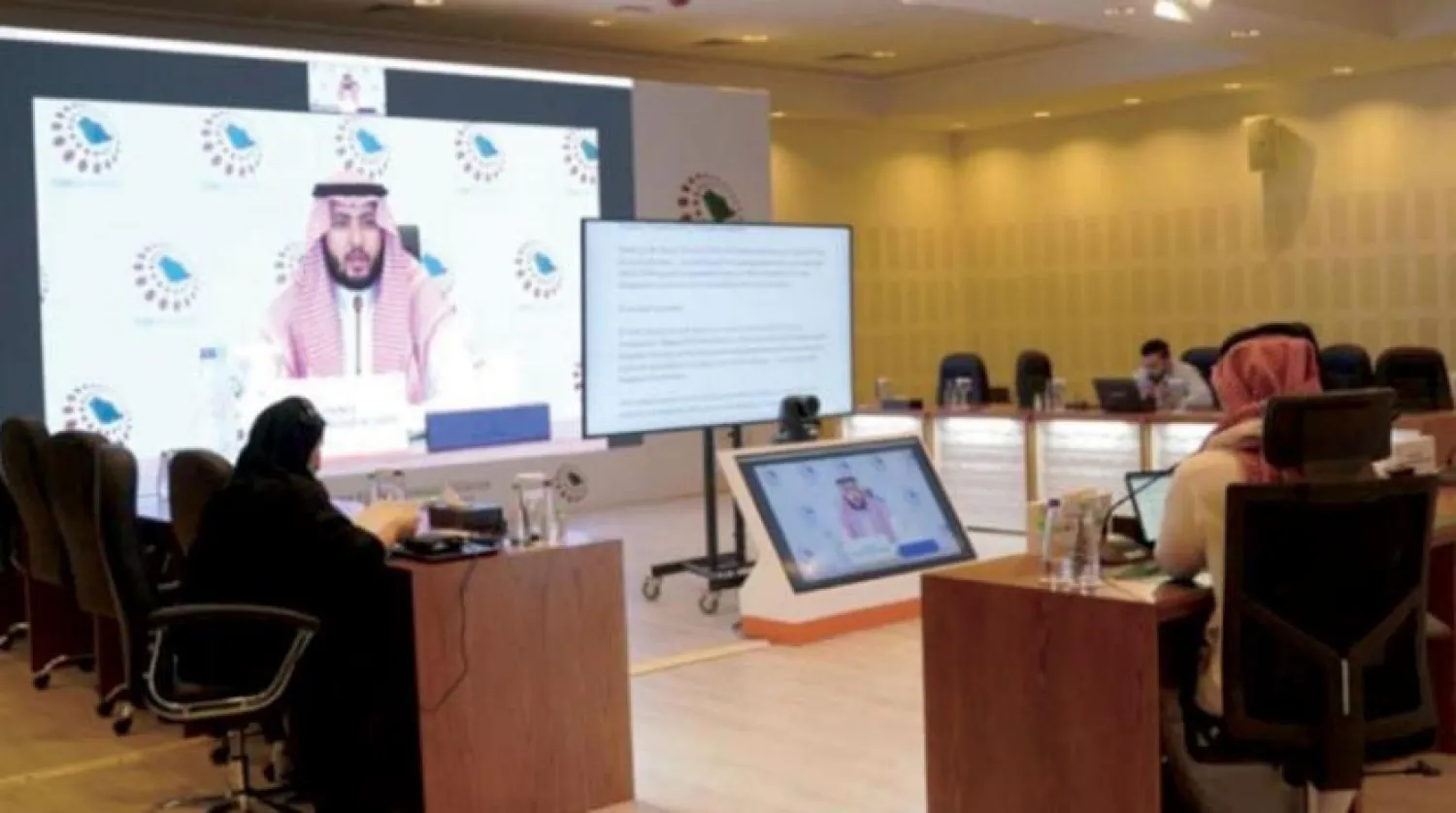The Entrepreneur Union Summit, which is held on the sidelines of the G20 meetings, currently chaired by Saudi Arabia, announced on Sunday the adoption of five initiatives to promote youth entrepreneurship around the world.
Those include addressing the obstacles faced by young entrepreneurs in obtaining capital, supporting training programs and entrepreneurship education, developing a sustainable future economy, in addition to resolving trade barriers and enhancing economic and social resilience by taking advantage of digitization.
“Despite the economic difficulties that we have witnessed during the Covid-19 pandemic, the year 2020 has highlighted the flexibility of entrepreneurs and emerging companies in their quest to develop new opportunities and find creative ways to display their excellence,” Prince Fahd bin Mansour bin Nasser, Chairman of the Young Entrepreneurs Union Summit of the Saudi G20, told Asharq Al-Awsat.
He continued: “SMEs and entrepreneurs are among the main business makers in the G20 countries. They employ more than two-thirds of the workforce in the private sector, and provide more than 80 percent of net job growth.”
The summit’s closing statement was based on the recommendations of the research carried out on the entrepreneurship system in the G20 countries and came in line with the priorities of the B20 business groups, especially with regards to development and employment within SMEs.
During the meetings, participants stated that at a time when the world begins to repair the economic damage caused by the outbreak of the coronavirus and to search for ways to pay record levels of government debts, the potential of entrepreneurs must be harnessed to stimulate a new generation that would work on sustainable and inclusive growth.









